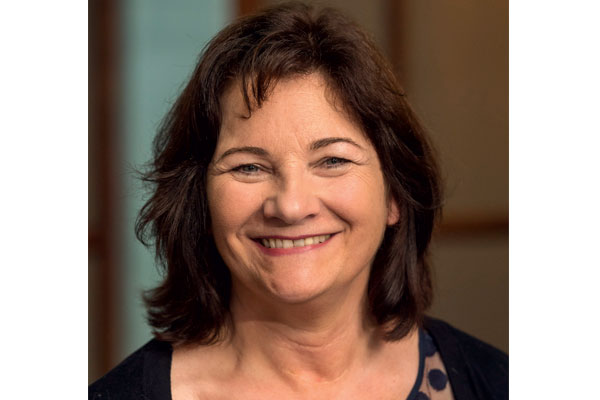Travel agents ‘key’ as Pacific Asia market recovers
Pata research sees ‘degree of normality’ post-Covid

The importance of travel agents remains “key” as the Pacific Asia region continues its recovery from Covid, according to new research.
And a “degree of normality” has returned to the travel market in the region, according to the study by the Pacific Asia Travel Association UK & Ireland.
Its latest Pata Patterns report, looking at trends for 2024, said: “Despite the rise of online booking platforms and their alluring offers and discounted prices, many travellers are turning to travel agents for their expertise and personalised service.
“Travel agents offer insider knowledge, customised itineraries, and peace of mind, making them a valuable resource in the travel planning process.
“And the travel industry itself still values the importance of travel agents in their B2B strategies with more and more tourist boards returning to the all-important fam trips.”
The findings are based on feedback from Pata’s UK and Ireland members about what’s new for 2024, marketing priorities and booking insights from tour operators.
More: ‘Far East looks a bargain’ as value of sterling surges
Chris Crampton (pictured), chairman of Pata UK & Ireland chapter, said: “It isn’t surprising that the region has taken quite a while to fully recover from the fallout of the Covid response, but as we move into 2024 we can say that the signs are that normality is returning in many sectors, although it is inconsistent and the high-end luxury sector is in better shape than the budget market.
“There are promising signs that the return of air capacity to the region should allow the ongoing recovery to be more even in the year ahead, but the industry as a whole remains fragile and susceptible to risk factors outside of its control.
“The desire to visit Pacific Asia remains as strong as ever, and with fair winds we expect to see further growth in the next 12 months.
“Challenges continue to impact planning for the future, but at long last we can say there is a degree of normality, and we are able to look forward with some degree of confidence.”
Pata said the importance of the travel agent remains “key”, adding: “Pata will continue to help and support their agent partners as much as they can.
“Pata are always looking for new initiatives around how they interact with their agents to ensure that they are receiving the latest news and training from Pata’s members.”
Alison Haining, Asia & Africa product manager at Elegant Resorts, commented: “Regional tourist boards for Japan are supporting the trade with the return of fam trips.”
Ian Dockreay, chief executive of Equator Global and Travel Uni and board member of Pata UK & Ireland, added: “The significance of the contributions made by travel agents continues to rise, evidenced by the regular news of job alerts, expansion of sales teams and top sellers taking the plunge to go self-employed.
“Together with new e-learning platforms being launched or enhanced, it is clear travel agents and their desire and need to learn is very much there.
“The rapid rise of homeworker networks entering the market or expanding means that there are now more individuals competing in the travel intermediary space than ever before.
“Also, the travel landscape is fast changing with new airlines and routes, emerging destinations and a plethora of new brands and properties in the accommodation sector opening.”
Other trends noted by the report, based on feedback from tourist boards, destination management companies, tour operators, airlines and hoteliers, include the rise of “art addicts and the culturati”, with travellers seeking unique art festivals, cities with a “cool” art scene from indigenous to modern, art shopping trips and visits to local artists’ studios.
Also on the rise are the “rail renaissance”, “transformative travel”, “wanderlust wanderers”, “gastronomy gurus”, “luxury for less” and “wellness warriors”.
Furthermore, other trends tipped for 2024 are “mix & match” multicentre holidays and a desire for more “tech travel”, with smart hotels, AR and VR experiences, contactless solutions and AI-powered personalisation.

 ShanonG
ShanonG 





























